Community effort to stop plastics entering our ocean
Coffs Harbour community effort will see a Seabin installed in the harbour to catch floating debris.
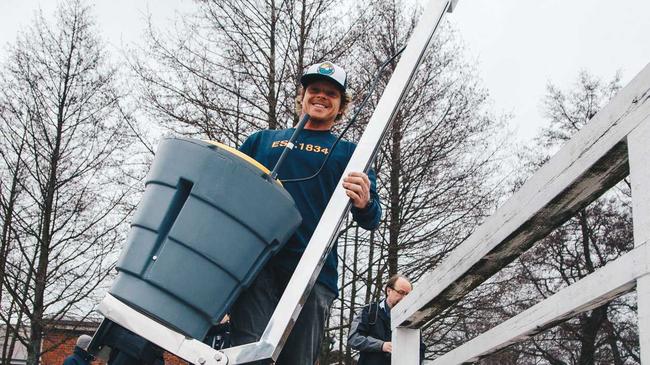
Coffs Harbour
Don't miss out on the headlines from Coffs Harbour. Followed categories will be added to My News.
EIGHT million tonnes - that is the amount of plastic rubbish that enters the world's oceans each year.
To combat this escalating global crisis, an Aussie invention aims to wage the war on ocean plastics.
Seabins are now being distributed around the world and installed at marinas and rivers with the first on the Coffs Coast to be located at Coffs Harbour Marina to reduce marine litter.
Prosper Coffs Harbour's Environmental Trust has been instrumental in this project, reaching out to Seabin Australia and creating a crowdfunding page to seek community donations.
Bishop Druitt College partnered with Prosper Coffs Environmental Trust on the Seabin Project, with the students taking the lead in advocating for the Seabin and fundraising $5,200 from the community to help fund the project.
"We need to support organisations doing great things in our community and the Seabin project is one of them," BDC Principal Mr Nick Johnstone said.
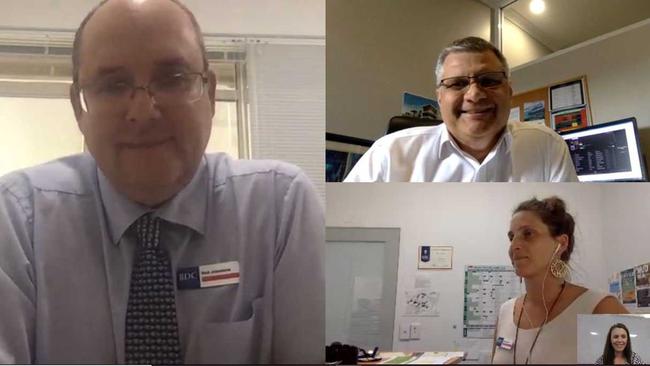
"Not only is the Seabin a fantastic positive change for our ocean environment, but our BDC students benefit from this project many years into the future as a part of their learning programs," Mr Johnstone said.
Ocean plastics have become a real problem nationally.
Huge mats of plastics form on the surface of the oceans, like the Great Pacific Garbage Patch.
Microplastics can also find their way into the stomachs of marine mammals, birds, and even in plankton.
Macro plastics have been found suspended in the water column at depth by divers. It can be found in our clothes, our food, our skin, our water. It is literally everywhere.
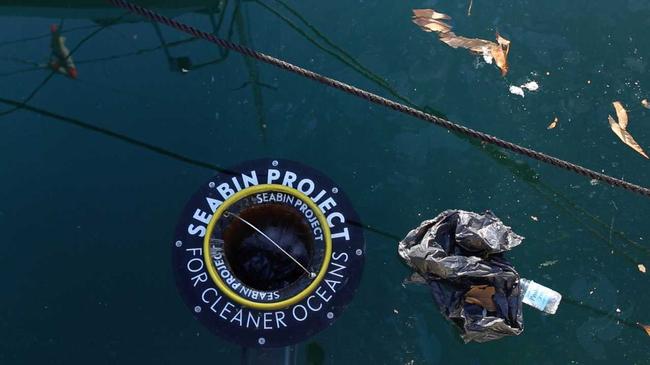
Mahi Paquette, COO of the Seabin Foundation shares how working together is essential to the vision of cleaner oceans:
"The Seabin Foundation's purpose is prevention and community engagement," Mahi said.
"For prevention we use the pollution Index data program with the aim to create an ongoing flow of real-time data from Seabin's around the world, so communities can track how their efforts reflect in the health of their marine environment which in turns benefits health and tourism.
"Being able to install the first Seabin in Coffs Harbour, thanks to Prosper CH, is key to creating meaningful impact in this new location.
"This in collaboration with Bishop Druitt College and a great host marina means that we can count on not only the Seabin being well looked after, but also on people who really hope to create a positive ripple effect from taking action about the rubbish collected. We are grateful to the community for making this happen!"
The Seabin will operate at the Coffs Marina 24/7 catching floating debris.
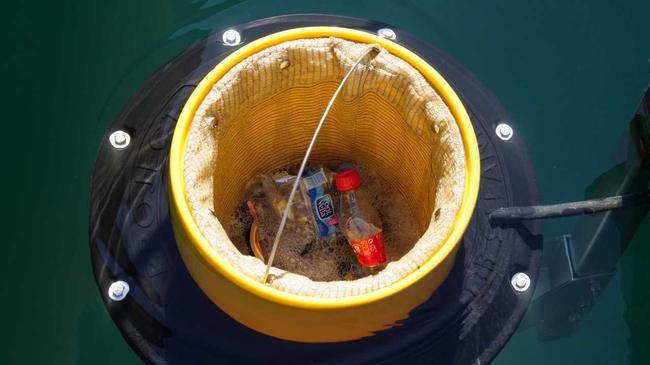
While this will be effective, it is only a temporary measure.
The reason for this is that technology alone is not enough to stopping ocean plastics, education is the real solution.
"We are extremely excited to be able to work with Prosper Coffs and other key stakeholders locally to add the Coffs Seabin into our international pollution Index program that currently consists of 19 countries and over 70 data volunteers globally.
"The information provided by the pollution index will be used to measure the health of our waterways, the impact we have as consumers and even to measure the success of solutions like single-use plastic bags and more.
"The Coffs Seabin can not only keep the water cleaner, but also serves as a powerful communication platform for community engagement," Pete Ceglinski, CEO and co-founder of the Seabin Project said.
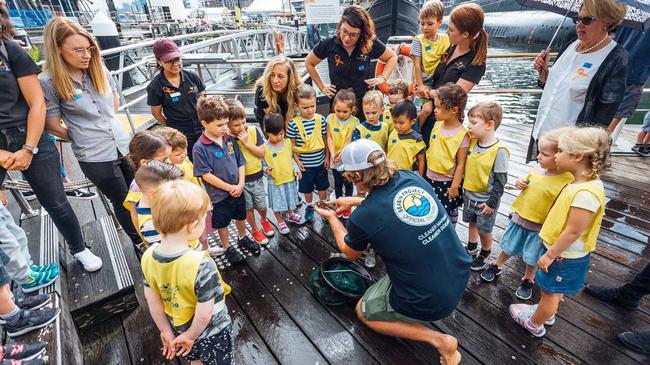
That's why the Seabin on the Coffs Coast will be taking part in the pilot program, collecting and analysing the rubbish that is collected.
The findings will be recorded and sent through to the national database, where it will be analysed by Seabin Australia.
This information will form part of an important educational source for Bishop Druitt College students on the Coffs Coast who choose to take part in marine studies.
The Seabin will be installed at the marina within a month's time and we would love for you to join in on the celebration.


